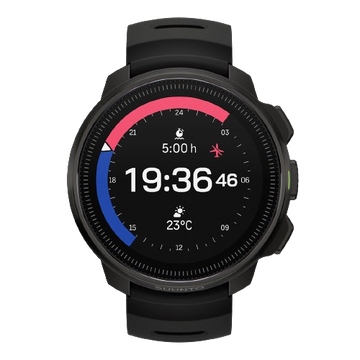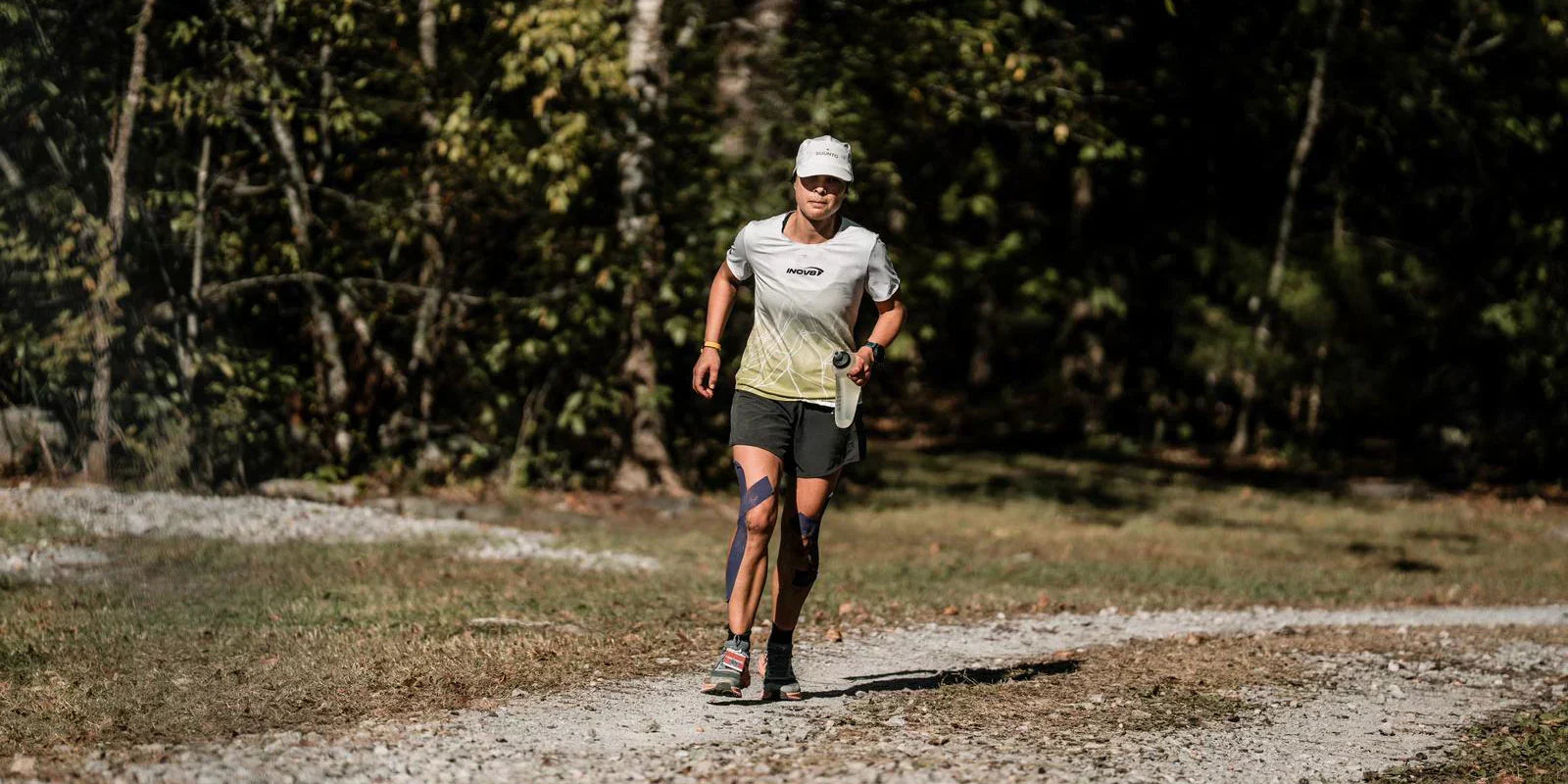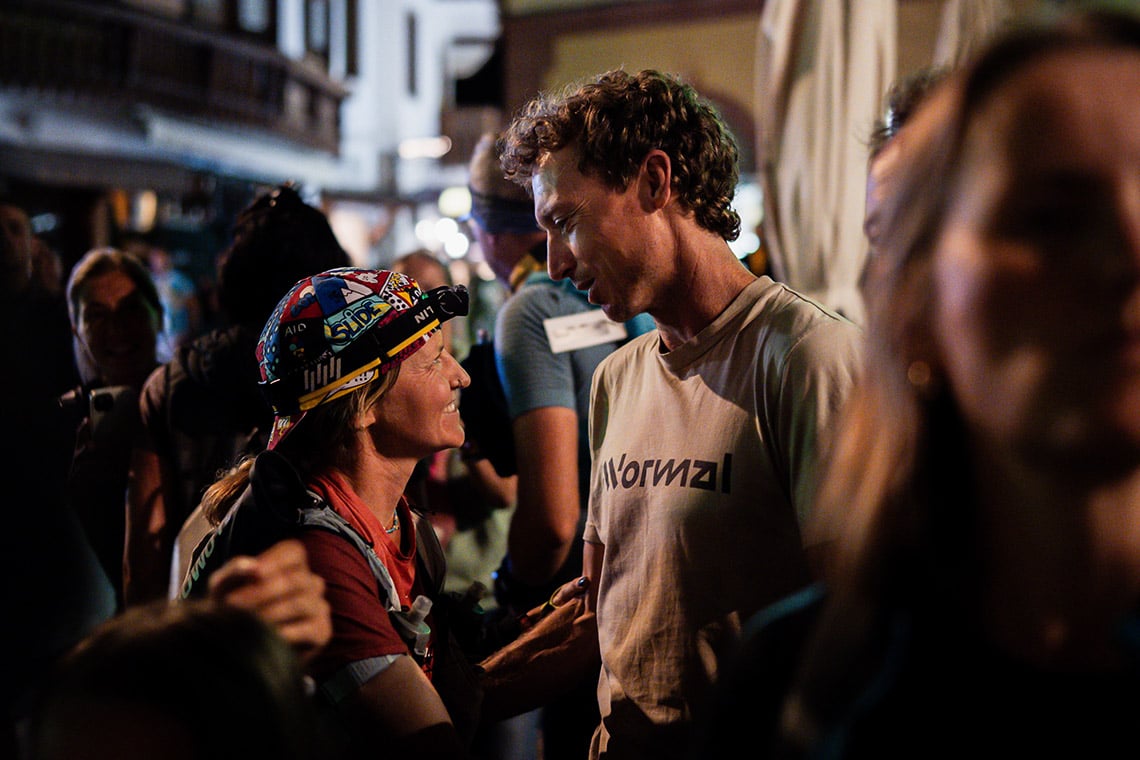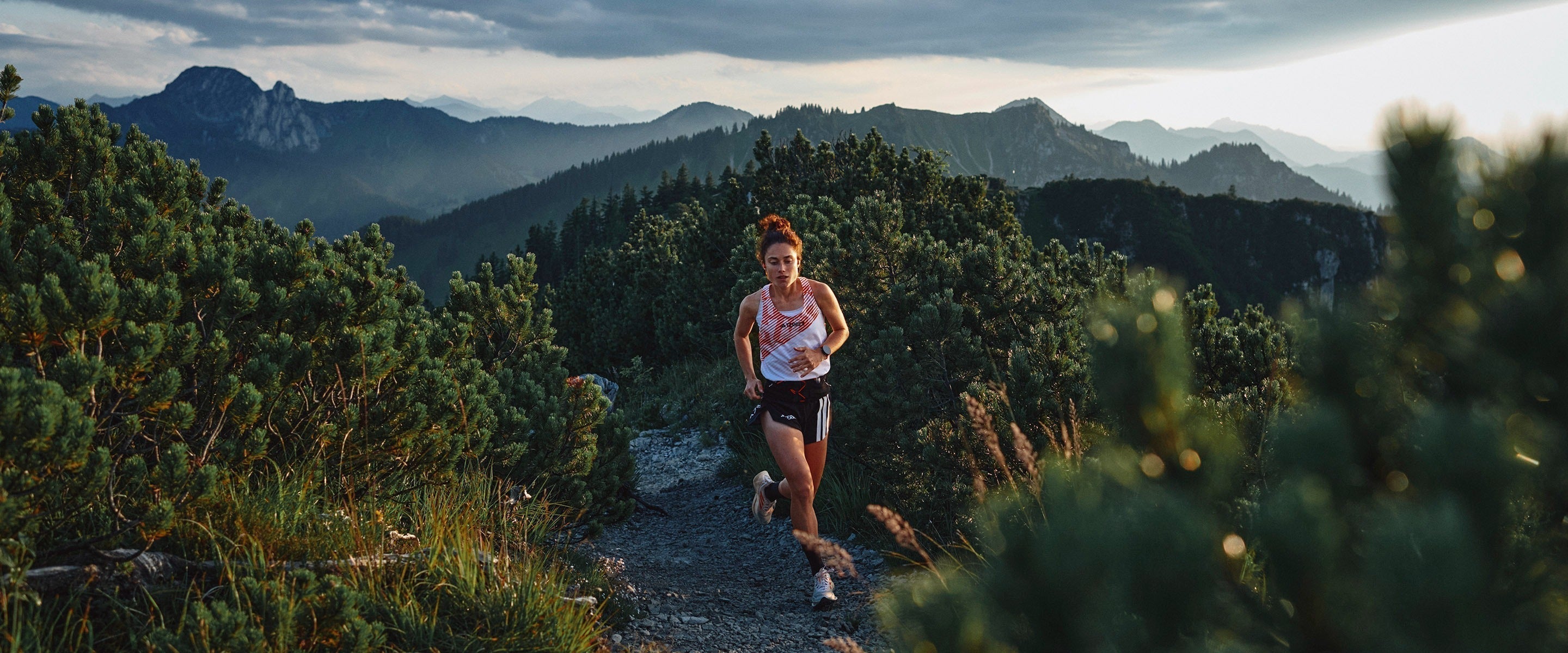
© Mike Board
When an earthquake struck Indonesia in August, Kate Middleton’s home on the island Gili Trawangan (neighbouring Bali) was shaken, but not destroyed. “We were lucky to have very little damage, just a couple of walls in the yoga hall,” she says.
The 30-year-old Canadian-New Zealander owns a yoga studio, freediving school and organic cafe on the island. It’s in the clear waters, teeming with exotic marine life, around the island that Middleton trains as a competitive freediver.
Click here to donate to the Lombok Earthquake Support effort underway.
She wasn’t on Gili when the earthquake struck; she was thousands of kilometers away on a different island: Greece’s rock climbing mecca Kalymnous, in the southeastern Aegean sea.
“In 2015, I gifted myself a trip here to learn to rock climb,” the gold medalist says. “I did a beginners and intermediate course back to back, and was totally hooked. The following summer I returned and stayed for two months, climbing almost every day. Now I’m back again.”

© Kalyja Rain
Beginner’s mind
Currently working on climbing a grade 6c route, Middleton is focused on cultivating presence on her climbs, rather than being concerned about numbers and statistics. Competition freediving demands, structured, disciplined training, and what she calls a “monofocus”.
“What I love about both trail running and rock climbing is it’s really easy for me to maintain a ‘beginners mind’ with them,” Middleton says.
Here are her four reasons rock climbers should learn freediving

© Kate Middleton
1. Relaxing into it
The biggest challenge for people new to freediving is learning to relax. “Most of us know how to push and force our way into things, instead of knowing how to relax into our power,” Middleton says. In freediving, relaxation is key for being able to dive deeply on a single breath. Relaxation calms the breath and reduces the heart rate, which conserves oxygen. Tension, stress, force increase the heart rate, wasting energy and oxygen.
“I see where that crosses over into climbing,” she says. “I’ve seen my friends practically float up 50 m overhangs, and I feel they are relaxing into their ability, rather than forcing it. I also see a lot of climbers who climb in a different way, that is more aggressive, and that doesn’t seem to be as efficient or enjoyable.”
Click here to read more about Middelton’s yoga and freediving journey.
2. Breathing well
“Freediving gives you a really great awareness of your breathing and breathing patterns,” Middleton says. “Any time the breath is getting out of balance, maybe due to stress, it’s very easy to pick up on that. This has helped me a lot when I’m climbing. I notice when I’m in the crux of a climb, or when fear starts to edge in, and I start to hold my breath. I then take some deeper breaths, with a steadier rhythm, and then I come back to presence and can continue climbing.”
3. Mastering fear
“Freediving has given me such a sensitivity to what’s happening with me. Because relaxation is so critical for freediving, especial deep diving, I can see so clearly how fear manifests in the body and how tension escalates. If I can catch it early, then it’s a lot easier to regulate and work with.”
4. Finding your power
When most people hear about freediving it seems a little mad, dangerous, even suicidal. But in actual fact, learned properly, it is a safe sport that shows us we can do so much more than we believe. “What I’ve learned from freediving is this body is so capable,” Middleton says. “I know without me having to understand it, that my body knows how to adapt and wants to adapt. I thrive in these environments that aren’t our everyday comfortable spaces. That gives me a lot of trust.”
True grit
Middleton says it’s not only freediving helping her to climb, but vice versa, too. “I’m getting more grit from the climbing,” she says. “When I fall, it hurts a bit more. I have to want it more to get over the crux of a climb. I fail a lot more. It would be easy for me to give up and say it’s beyond me, and stick to easy climbs. I’m learning to tap into the inner determination and fire that really wants to overcome the hurdle.”
Lead image: © Mike Board
More stories about freediving:
Learning the joy of freediving.
Is the ultimate cross-training ... breathing?























































































